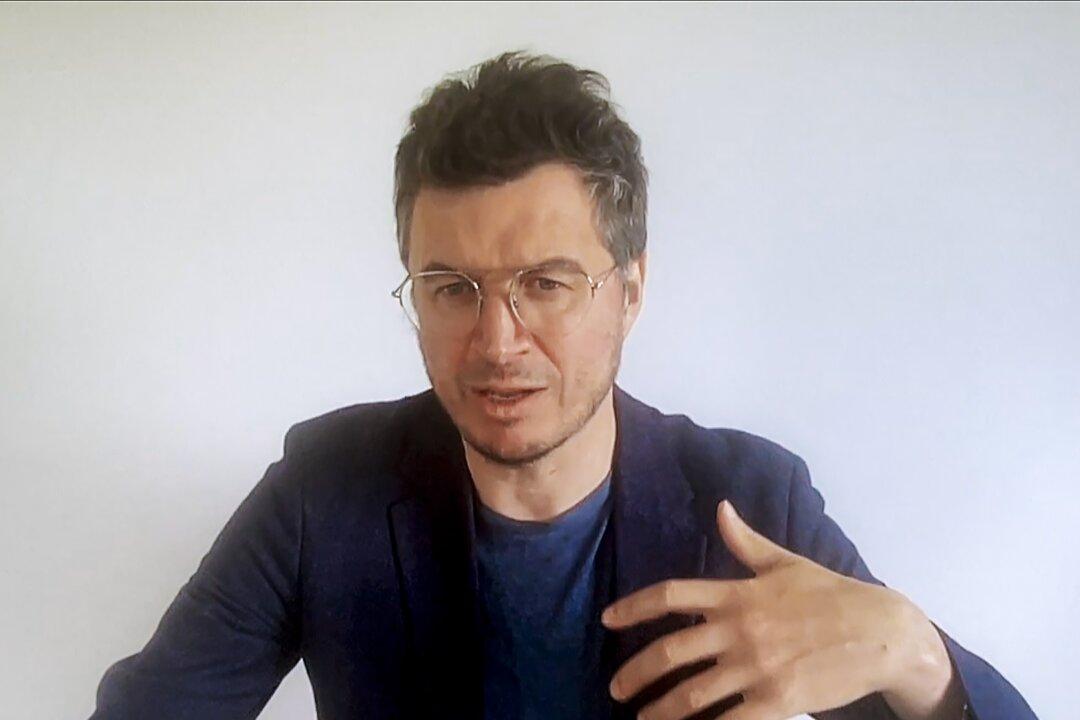When many people feel disconnected from their social environment they become prone to fanatical belief in an unreasonable narrative, creating favorable conditions for the emergence of a totalitarian state, said Mattias Desmet, a professor of clinical psychology.
The psychological phenomenon where individuals who feel disconnected from their natural and social environment and experience purposelessness in life start to fanatically believe in a certain narrative—even if it is absurd—is a specific kind of group formation called mass formation, Desmet told EpochTV’s “American Thought Leaders” program on June 16.






